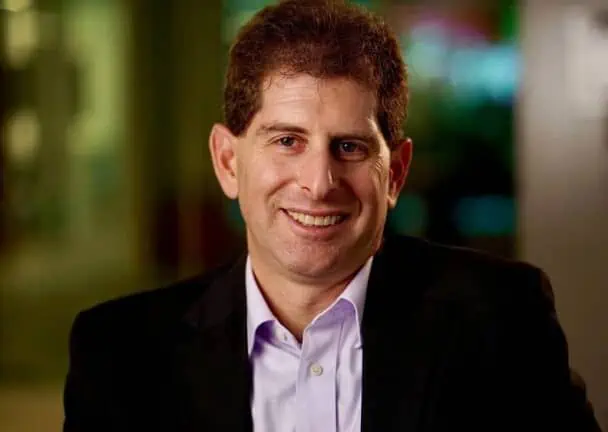
Guest: Bryan Reimer, research scientist, MIT
Listen to our podcast:
Click here to watch Video Podcast
On Thursday, several hours after we recorded a conversation with Bryan Reimer, during which he proposed that Cruise “stand down and reboot nationally,” the robotaxi company announced via X (formerly known as Twitter) that it has decided to pause driverless operations across all its fleets.
Is that a surprise?
Hardly. This is Cruise’s only sensible retreat. Otherwise, as Reimer noted in our podcast, “what little trust that remains in the [Cruise] system will evaporate even faster.”
Funding cycle
Considering the long-term viability of this AV technology, it would be tough for Cruise itself to reverse its position any time soon.
Give really strong and bright engineers time to reassess, figure out a way to improve safety, transparency and trust in the system.
Bryan Reimer
“Cruise doesn’t have the funding cycle to go over the long term,” said Reimer. “Expansion doesn’t make sense. Contraction is the next answer.”
The $64 million question for Cruise then comes down to: “How do you get small and refocus?”
Reimer somewhat hopefully suggests that Cruise “give really strong and bright engineers time to reassess, figure out a way to improve safety, transparency and trust in the system.”
The catch, of course, is money. “If the answer is we don’t have the funding to do that, then you have your answer.”
Our conversation with Reimer ranges from the dilemma of state DMVs who are ill-prepared to give driver’s licenses to fully autonomous vehicles to the effect of the Cruise fiasco on consumer trust in Advanced Driver’s Assistance Systems.
Reimer said, “Remember, at the end of the day, this is a trust issue, especially in automation. This goes beyond the car.”
Questions that must be asked include:
- How do we begin to leverage more advanced technologies?
- How do we get them to relate to humans?
- How do we begin to ensure transparency about both benefits and limitations of these technologies?
The goals are human-centered autonomy and human-centered systems, so that “we as humans can be better integrated, and we as humans get supported by these technologies more effectively,” said Reimer.
Related story:
Junko Yoshida is the editor in chief of The Ojo-Yoshida Report. She can be reached at [email protected].
Copyright permission/reprint service of a full TechSplicit story is available for promotional use on your website, marketing materials and social media promotions. Please send us an email at [email protected] for details.
